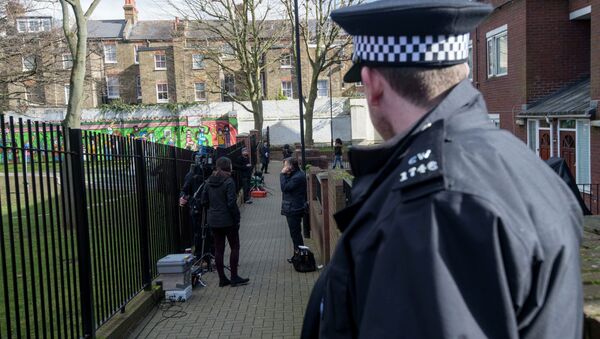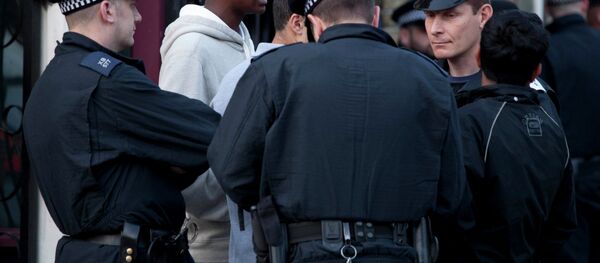The Home Secretary Theresa May has appointed Lord Justice Pitchford to lead the undercover policing inquiry which will look into the deployment of police officers as covert human intelligence sources by the SDS, the National Public Order Intelligence Unit, and by other police forces in England and Wales.
"Serious concerns" over power of #publicinquiry from women deceived into long-term relationships by #spycops. See: http://t.co/wJGPlmkHgd
— Police Spies Out (@out_of_lives) March 12, 2015
It follows the publication of an independent review of the Home Office's knowledge of SDS activities. It found that the Home Office had been aware of the practice, by some officers, of using the identities of dead children and the risk of SDS officers forming relationships with individuals within groups under false pretences. It also found that officers had targeted justice campaign groups and had been involved in court appearances that could have led to miscarriages of justice.
A group of women are taking legal action against the police for the emotional trauma they suffered after forming intimate relationships with men who were later revealed to be undercover police. The most infamous was Mark Kennedy, who was eventually unmasked after infiltrating a number of protest groups and having a two-year relationship with one of the activists.
Powerful talk on #spycops in UK from woman who discovered her former partner was undercover cop Mark Kennedy http://t.co/yDlzW3aEkf #31CS
— Tactical Tech (@Info_Activism) December 29, 2014
Kennedy was also the cause of the collapse of a trial against a protest group he had infiltrated who were plotting a protest at an English power station and were charged with aggravated trespass. The trial collapsed when Kennedy was described as an agent provocateur.
Institutional Racism
The enormity of the covert tactics used by the police came to a head in the Stephen Lawrence inquiry, during which it was discovered the police had infiltrated the family and friends of Lawrence, who was murdered in a racially motivated attack while waiting for a bus in 1993.
The following police investigation and the years that went by before his parents got justice made the case into a cause célèbre and one of the highest profile racial killings in UK history, which led to allegations of "institutional racism" in the police.
In the subsequent report — published 21 years after Lawrence's death — by Mark Ellison QC, into corruption and the role of undercover policing in the Stephen Lawrence case, he found the SDS had gathered personal details about Lawrence's parents during the course of the inquiry into police mishandling of the murder investigation. It included discussion of the progress, reasons and details of the decisions made by the Lawrence family connected to the Inquiry.
"Serious Historical Failings in Undercover Policing Practices"
Home Secretary Theresa May said: "The work of Mark Ellison has unearthed serious historical failings in undercover policing practices. As I said last year, I was profoundly shocked by Mark Ellison's findings and committed to establishing a public inquiry to thoroughly investigate undercover policing and the operation of the SDS."



